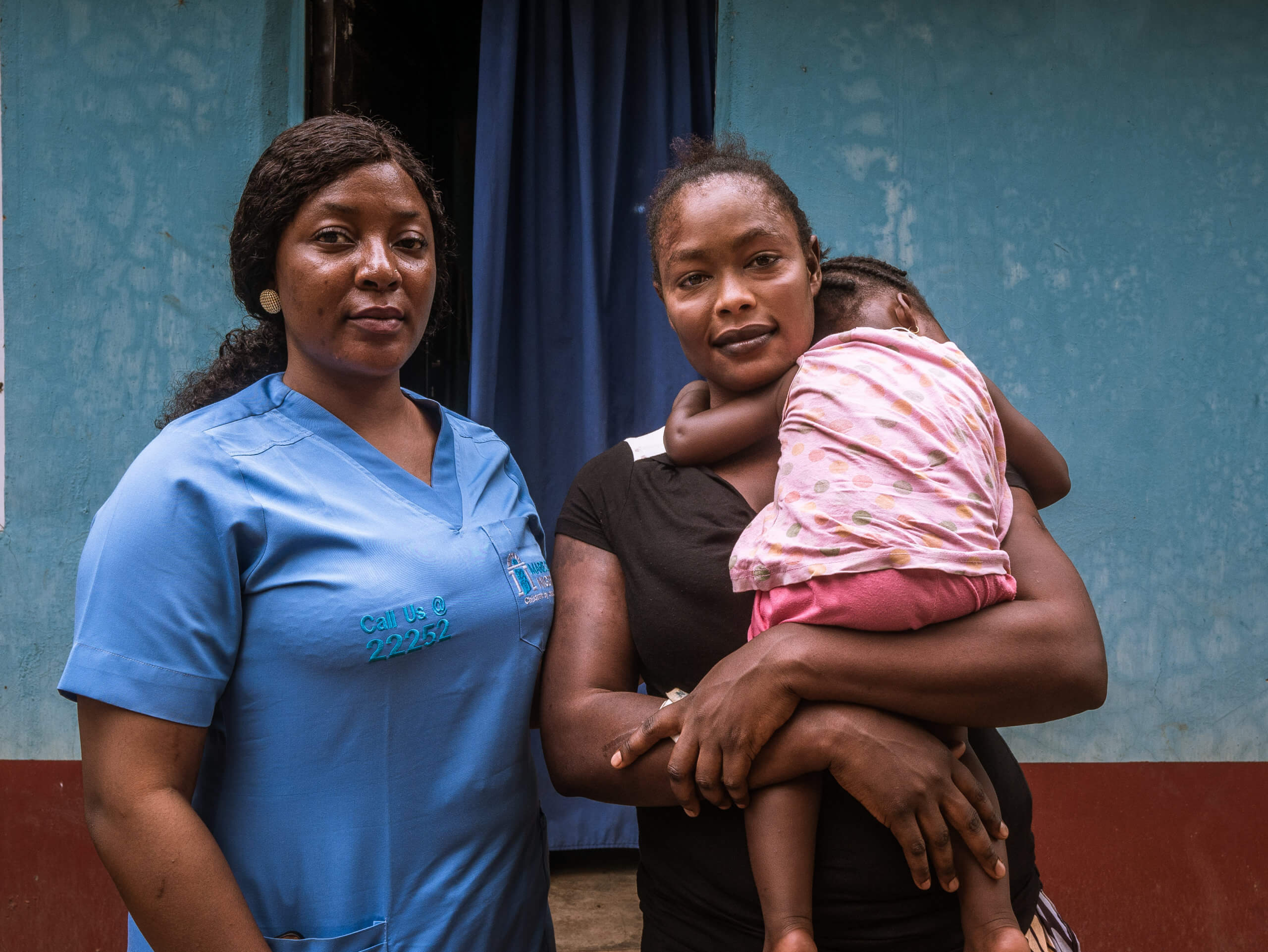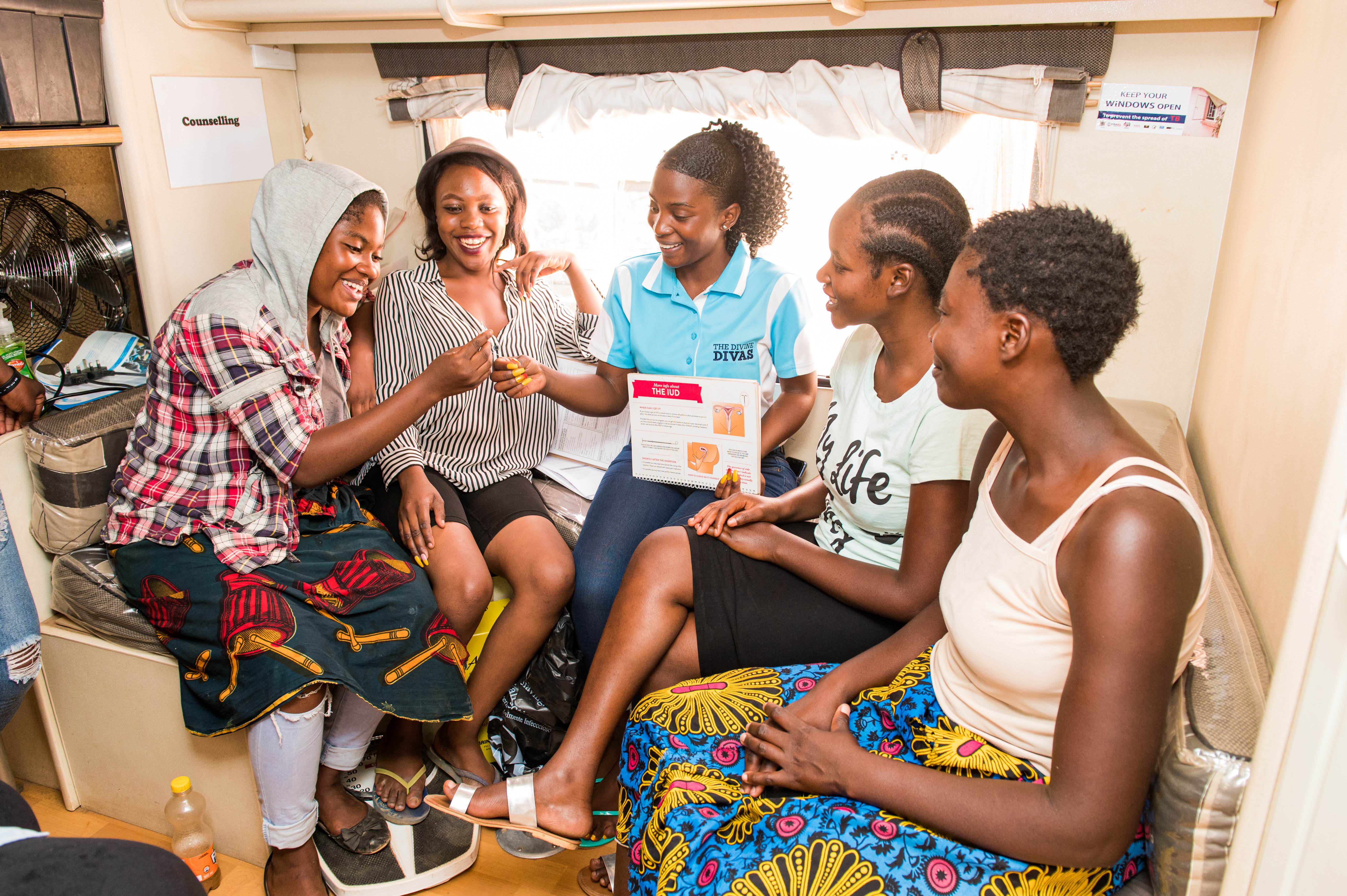Quit judging us for using the morning after pill!
Why contraception is a feminist issue
Think about a woman using the morning after pill. Is the first image that jumps to your mind a positive or a negative one?
The advent of the contraceptive pill in the 1960s revolutionized sexual and social relationships. It allowed women to defer pregnancy, enter the work force and make life choices their mothers could not. But the truth is, stigma around women’s sexuality persists around the world. A feminist approach to contraception means respecting women’s choices about their sex lives, not judging them.
Shame and stigma around sex still hurt women
We live in a world where women are judged for how much sex we have. We are labeled for having too much sex, not enough sex, having it too soon or with the wrong person. Men are generally free of this judgement. In fact, men are celebrated for being sexually active. And the inequity doesn’t stop there. Because women bear the consequences of unintended pregnancy more severely, women must also shoulder the responsibility of preventing pregnancy.

A feminist history of contraception
When the first oral contraceptive was approved by the FDA in 1960, many people feared contraception would dramatically change sexual power dynamics for the worse. In fact, the pill was routinely denied to unmarried women. Birth control for unmarried women in the United States wasn’t legalized by the Supreme Court until 1972!
Similar cries of alarm have gone out over every new contraceptive method. When the “morning-after pill” was made available starting in the 1980s, there was criticism that it would allow women to be “irresponsible.” Women having casual sex just didn’t align with commonly held ideas about how women were supposed to behave.
Contraception methods like the pill, diaphragms or IUDs gained acceptance, because those were the methods used by married women who had all the children they wanted or wanted control over how their children were spaced. Challengers to the morning after pill asked why any responsible woman would need this kind of birth control. But the real question should be: why is one woman’s contraceptive method anybody’s business but her own?

The importance of choice
Judging women by the method of contraception they choose makes contraception a feminist issue.
Everybody deserves to choose a method of contraception based on their own preferences. That includes lifestyle preferences as well as clinical. Not every method is equally effective or clinically suitable for every person.
At MSI, we know that our job is to support contraceptive choices. We give our clients all the information about whatever matters most to them, from which side effects they’re concerned about to what schedule they can stick to. We believe comprehensive counseling is crucial because we trust people to make the right decision for themselves. A feminist approach to contraception is one built on free choice.
The truth is, greater contraceptive choice did change sexual power dynamics, for the better. Now, like men, women are able to have sex for pleasure without fear of pregnancy. It’s a cause for celebration, not panic, that there are so many choices to make about different types of contraception. There are even more options for men, including vasectomy, and, hopefully one day, the so-called ‘male pill.’ Equality will come when men play a bigger role in researching, choosing, and taking responsibility for contraception.

The conversation about contraception and sexuality isn’t over
In many countries, contraception is still taboo. Unmarried and younger women might find it hard to show up at a family planning clinic, because people will talk if they think they’re having sex. Married women might even have to hide their contraceptive use from their husbands.
But attitudes can change. We see it when our bold providers enter a new village and talk to community leaders about why contraception matters. Because 90% of MSI staff are from the country in which they work, they can talk about the benefits of contraception in a way that fits the values of the community. When religious leaders or tribal elders are on-board, it becomes easier for women to choose contraception without judgment.
It’s also why we work to change laws and remove regulatory barriers, so that women have easier access to a wide range of contraceptive methods. From 2016 to 2020, we removed more than 50 barriers in countries around the world!
Together, we can work towards a world where women can make their own decisions about sex and reproduction without shame or stigma. We won’t stop until every woman, everywhere can freely choose the life that’s best for her.






